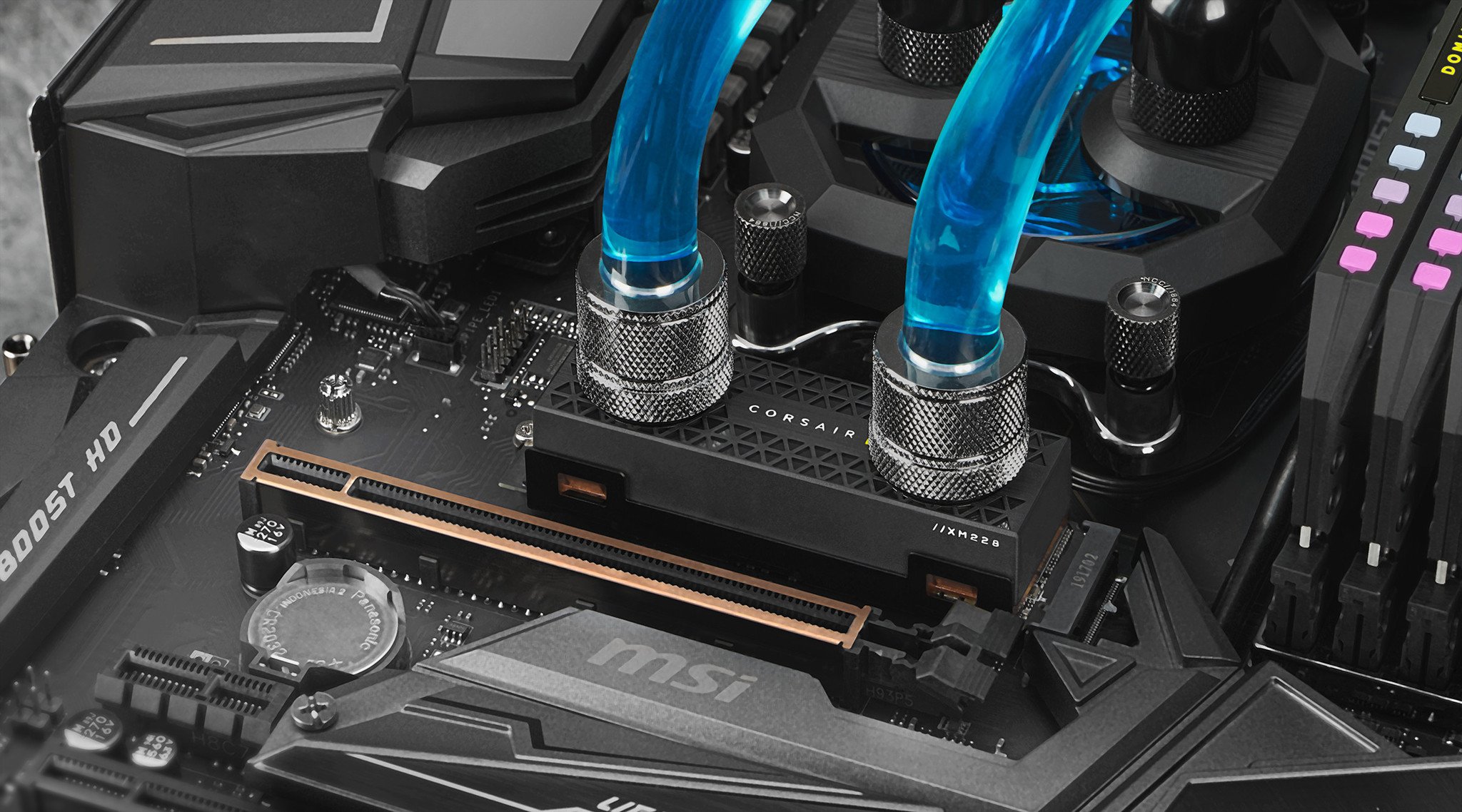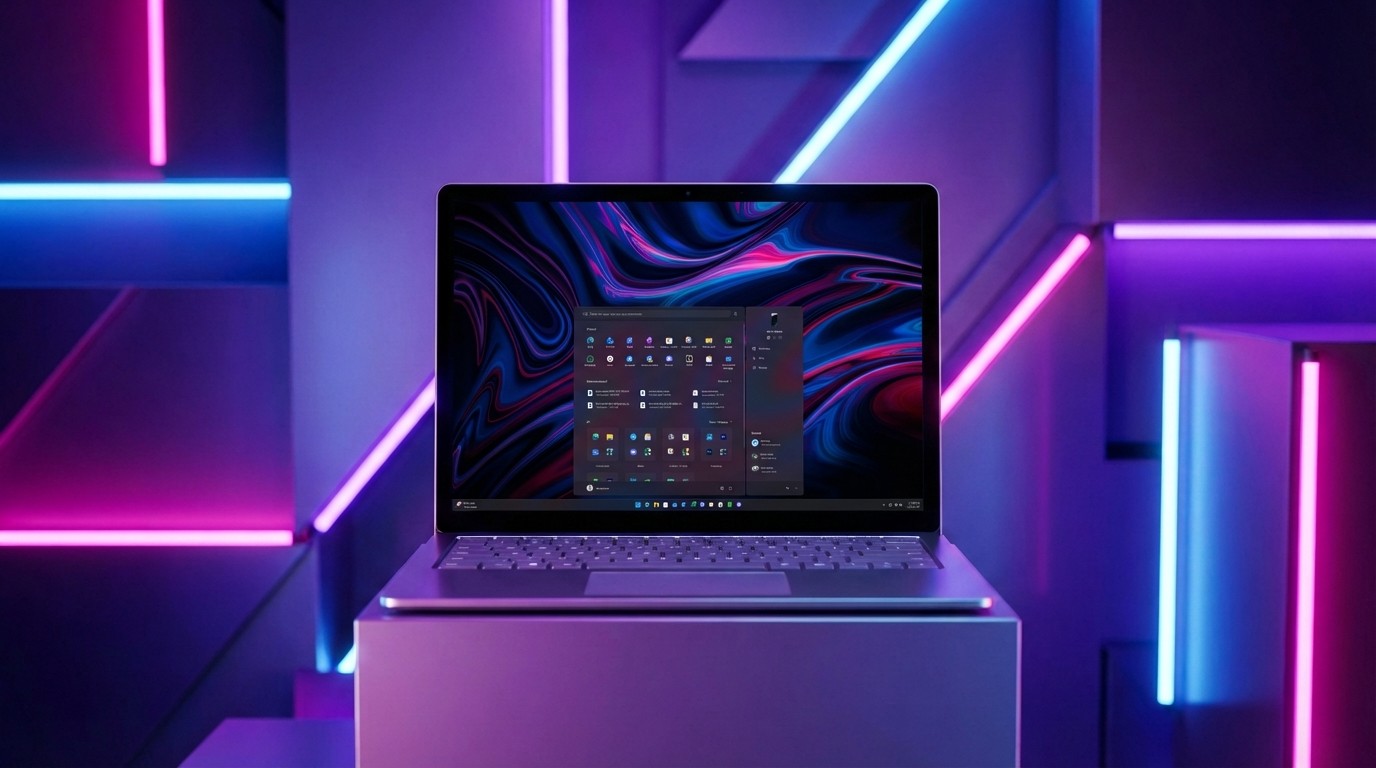Corsair launches a rapid PCIe 4.0 NVMe SSD that can connect to your water-cooling loop
Corsair brings out its big guns with new super-fast SSDs.

All the latest news, reviews, and guides for Windows and Xbox diehards.
You are now subscribed
Your newsletter sign-up was successful
What you need to know
- Corsair announced three new SSD series, the MP600 Core, MP600 Pro, and MP600 Pro Hydro X Edition.
- The MP600 Pro series can hit speeds of up to 7,000MB/s and 6,550MB/s for read and write, respectively.
- You can even hook up the MP600 Pro Hydro X Edition to your PC water-cooling loop.
Corsair today announced three new solid-state drives in the form of the MP600 Core, MP600 Pro, and MP600 Pro Hydro X Edition. You can tell by the names that these SSDs are marketed towards gamers and offer some rapid-fast transfer speeds for loading titles or an OS, taking full advantage of what PCIe 4.0 can offer.
The MP600 Core can hit up to 4,950MB/s and 3,950MB/s in sequential read and write, respectively. It's a solid SSD and can be purchased in 1TB, 2TB, and 4TB capacities. It's available now starting from $169. Each model comes rocking D QLC NAND and an aluminum heat spreader to aid thermals.
The MP600 Pro, starting at $244, comes in 1TB or 2TB with a 4TB coming soon, while the MP600 Pro Hydro X Edition is just a fancy version of this SSD with a Hydro X Series XM2 water block. It's only available in a 2TB capacity for $500. This is where things get really interesting as the Pro series can reach up to 7,000MB/s and 6,550MB/s for read and write sequential speeds.
Like the Core series, the MP600 Pro comes with an aluminum heatsink for better thermal performance. The new drives from Corsair also look really good and should match most system builds. If you really wanted to take things to a whole new level, why not grab the Hyro X and hook it up to your existing custom water-cooling loop. The Hydro X Series XM2 is also available separately.
All the latest news, reviews, and guides for Windows and Xbox diehards.

Rich Edmonds was formerly a Senior Editor of PC hardware at Windows Central, covering everything related to PC components and NAS. He's been involved in technology for more than a decade and knows a thing or two about the magic inside a PC chassis. You can follow him on Twitter at @RichEdmonds.


